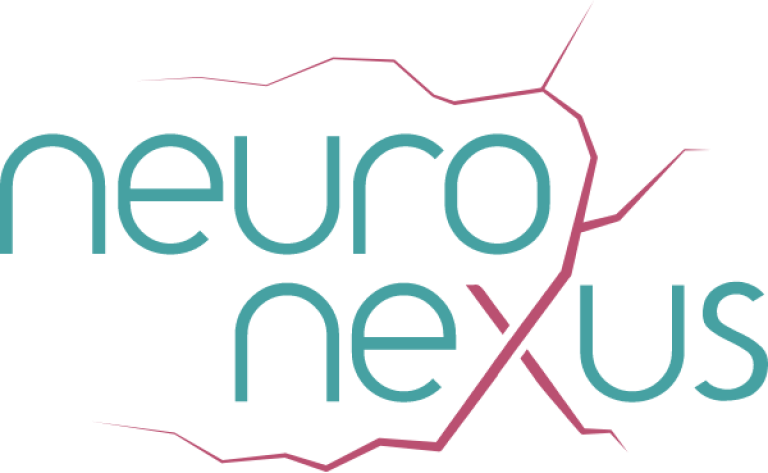Using Neurotechnology Tools to Better Identify and Support Adult Concussion Management in Emergency Departments
Champion Name
Challenge ID
Project Track
Skills Needed
While some patients receive excellent post-concussion care in Alberta, especially those with sports-related concussion or pediatric concussion, there is a lack of coordination across the illness trajectory for non-sports-related adult concussion. Currently, there is uncertainty on the needed pathway of care; the appropriate providers who should be delivering the care; timely referral to the appropriate providers; and how services should be organized. This uncertainty leads to delays in diagnosis and treatment, care variations, incomplete access to appropriate care, considerable anxiety for patients and families, and inappropriate use of costly system resources. Specific gaps identified by stakeholders include inappropriate timing and use of emergency departments and diagnostic imaging; inconsistencies in provider knowledge about risk factors and specific elements of post-concussion care across the care continuum; long waitlists for concussion clinics; barriers to access to appropriately structured follow-up care for adults with concussion; lack of clear and comprehensive information for patient and family education (especially around the indications for neuroimaging); and limited readily-available data from Alberta.
The Neurosciences, Rehabilitation & Vision (NRV) Strategic Clinical NetworkTM (SCN) and the Emergency SCN aim to develop a provincial clinical care pathway, with the goal of implementing overarching principles of care for early identification, diagnosis and management of adult concussion. The challenge with which the Neuro Nexus competition could support relates to developing strategies to overcome inappropriate timing and unnecessary use of emergency department and diagnostic imaging for adult concussion.
This challenge could begin to be addressed with technology and innovative thinkers brought together by the Neuro Nexus competition. The opportunity for multidisciplinary stakeholders to come together and discuss this issue will bring important, novel perspectives on this health system challenge. A potential solution could be the development of a hub of information resources for patients, families or primary care to help adults with concussion to understand what personal activities are appropriate, when emergency department visits or diagnostic imaging are appropriate, as well as what services and resources are available in their community. Adult concussion can result from diverse injuries, occur across geographically diverse settings, and manifest in different physical, behavioural/emotional and cognitive symptomatology. Appropriately-developed technology may support patients, families and health care providers with resources tailored to their experience and setting. This is just one potential solution. Other solutions might target the development of algorithms to harness the limited available data on adult concussion, patient outcomes and health service utilization in Alberta; or, the use of machine learning for knowledge generation on adult concussion. We seek the experience of the Neuro Nexus competition to learn from diverse stakeholders and perspectives as well as to consider potential solutions novel to the health system.
